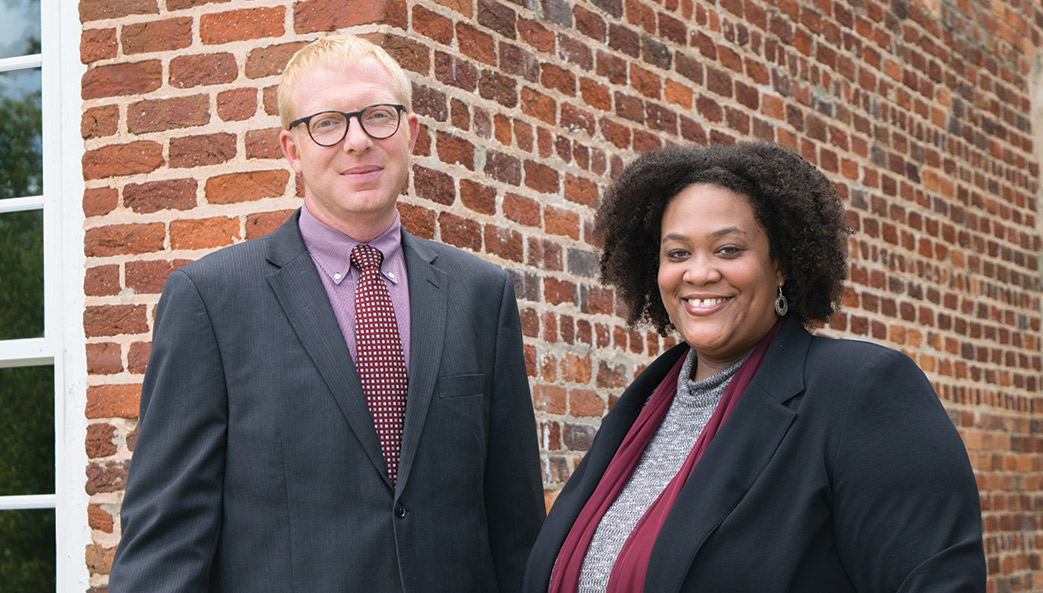The stigma attached to mental illness creates a barrier for many seeking treatment, but it has a particularly negative impact on the help-seeking behaviors of black Americans, according to a recent study.
Rosalyn Denise Campbell, an assistant professor in the UGA School of Social Work, advocates for removing that stigma and fostering intervention that increases mental health service use and overall wellness.
The socio-cultural barriers to seeking mental health services, which Campbell said are often rooted in the history and identity of being black in America, is an emerging theme in her research.
“Because African-Americans are already marginalized, there is no rush to adopt another marginalized, stigmatizing identity,” she said. “There is a lot to lose with accepting a mental health diagnosis.”
A pervasive misunderstanding of mental illness also contributes to the power of the stigma, she said, often due to a lack of education regarding what depression is and is not. Her research suggests depression is often seen as a weakness or a temporary condition, rather than the illness it is.
As part of that contextualization, Campbell makes a point to discuss her own experiences with mental illness, and said it’s a key component of her mission to de-stigmatize it.
“The only way to combat stigma is to take its power away, and you take its power away by talking about it and disclosing it,” she said.






